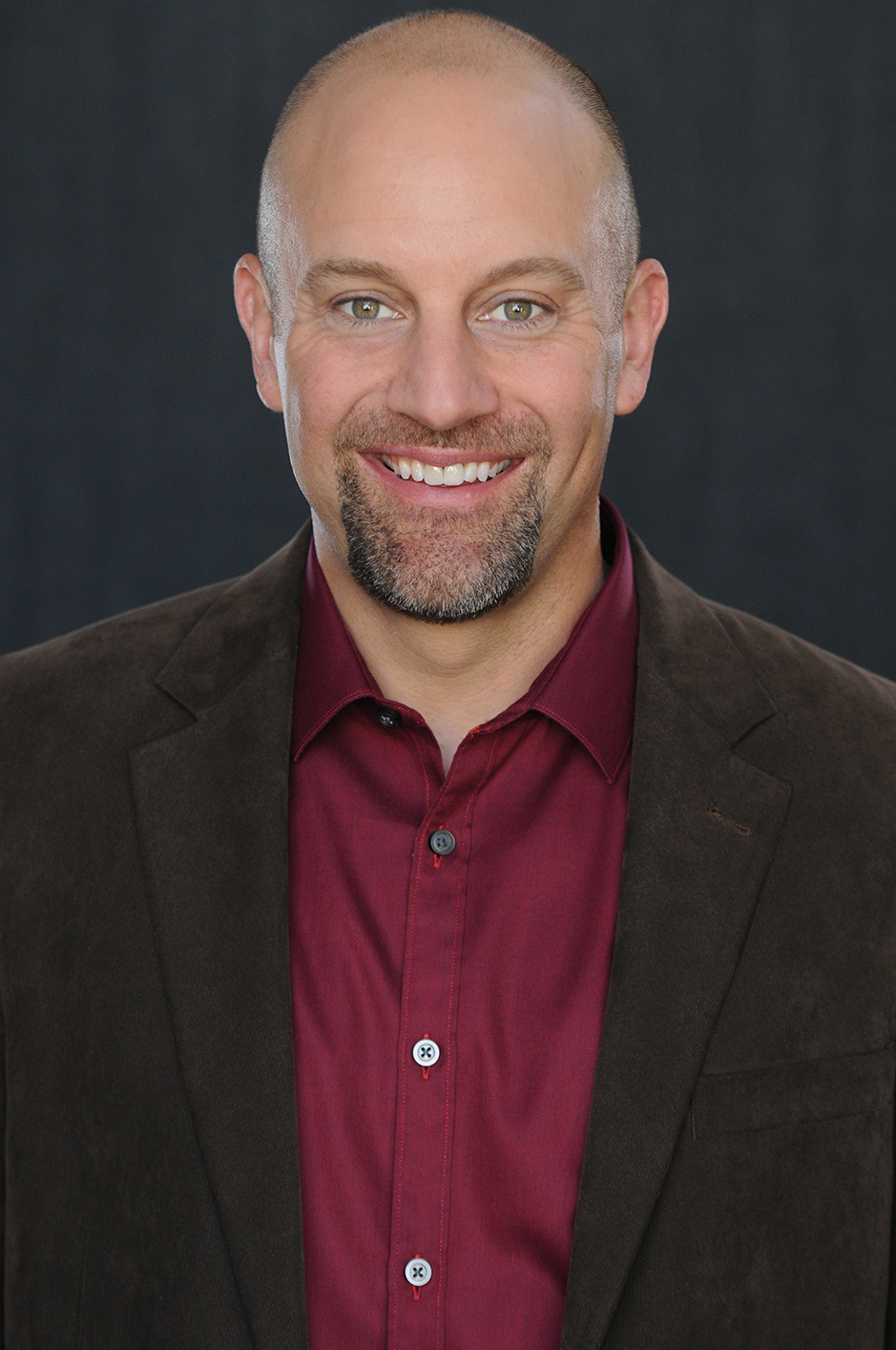Self-righteousness is dangerous and damaging to our relationships, our teams, and our ability to communicate and collaborate. Removing our self-righteousness is a challenging but important thing for us to do as leaders, people, and those who want to positively influence and impact others.
This does not mean watering down our opinions or decreasing our passion. Believing strongly in our opinions, as well as in our values and beliefs about life, work, and everything else, is important. However, understanding the difference between conviction and self-righteousness is essential.
When we’re coming from a place of conviction about something, we believe it to be true, we think it’s “right,” and we’re often willing to speak up about it, to defend our position, and to engage in healthy dialogue or debate about it. But we must also have enough humility, awareness, and maturity to consider we might be wrong—or that, at the very least, there may be other ways to look at it, even if we can’t see or understand them. We’ve all had experiences when we were convinced we were 100 percent right about something, only to realize we were wrong. As humbling as this can be, keeping it in mind can help keep us from crossing the line over to self-righteousness and give us the perspective to stay in a place of healthy conviction.
When we do cross over into self-righteousness, we’re no longer interested in hearing what anyone else has to say if they disagree with us or have a different perspective. We’re right and anyone and everyone who doesn’t see it our way is wrong.
Look at the tenor of the political discourse in our country and our world right now. Many of us, myself included, have very strong political opinions, and there are serious issues that divide us. Instead of engaging in healthy and productive debates about these things, there is so much intense self-righteousness we seem unable even to listen to one another, which is almost as scary and dangerous as any of the specific issues or challenges we’re facing. We end up demonizing people who don’t agree with us, refusing to talk or listen to them—or, when we do, we make our case in such a self-righteous way that we create more separation and disconnection. Turn on cable news, or read the comments section of many news websites or blogs, and you’ll see the intensity of self-righteousness playing out right in front of you.
And this doesn’t happen just with politics; it happens right in our own lives, families, and work environments. We separate ourselves from those who don’t think like we do or hold the same ideas, opinions, or beliefs. At work our self-righteousness leads to disconnection, unresolved conflicts, and factions within teams and organizations. Lines get drawn between departments, offices, regions, and levels within the company, making it more difficult to make decisions, collaborate, and get things done.
At an event a few years ago, I delivered a keynote address on authentic leadership in which I spoke about, among other things, the damage self-righteousness can cause. Afterward, a man approached me and said, “Hey Mike, thanks for your speech. I got a lot out of it.” He reached out to shake my hand. “I’m Dan.”
“Thanks, Dan,” I said, shaking his hand.
“I know your talk this morning was about leadership,” he said, “and while I was thinking about my team and how I lead, I couldn’t help but think about my mom, especially when you were talking about self-righteousness.”
“What specifically made you think about your mom?” I asked.
“Well,” Dan said, “my dad died a few years ago, and my mom’s getting older. I’m the oldest of four. We all agree that she should sell her house and move into a condo. Doing this would definitely make her life easier, and ours as well—since we’re constantly having to help her with so many things around the house that she’s getting too old to take care of, or that my dad managed when he was around. But she can be so stubborn. It’s hard to get through to her. My siblings have all stopped trying, but not me. I try to talk to her about it, but we end up fighting, which drives me crazy. It never occurred to me until today that maybe one of the reasons that she doesn’t listen to me is because I’m so incredibly self-righteous with her.”
I could see that Dan was starting to get emotional as he talked about his mother and their situation. I said, “I’m sorry to hear about your father’s death. I know every situation is unique. But both my mom and dad have passed away, so I do have some understanding of the emotional and practical challenges involved with losing a parent. I can tell how much you love your mom. You wouldn’t have come up to talk to me about her and this situation if you didn’t love her so much.” I paused before asking, “How do you really feel?”
“How do I really feel about what?” asked Dan.
“About everything going on with you, your mom, and your family?” I asked.
“Well,” he said, “I guess I feel scared.”
“What do you feel scared about?”
“My dad took care of her and of so many things. Even though I have a family of my own and have a lot of responsibility at work, I’m not used to taking care of my mom like this. I worry about her—worry that it will continue to get harder as she gets older. And I just want to do what’s best.”
“That all makes sense to me,” I said. “Have you had this conversation with your mom?”
“No, not specifically.”
“It’s up to you, of course, but you might want to let her know how you really feel. I bet she would hear you and understand,” I said. “The natural human response to self-righteousness is defensiveness. Your mom is just defending and protecting herself, which is what we almost always do when we feel self-righteousness coming at us. Being self-righteous doesn’t make you a bad son or a bad person; it just means you’re human. You could apologize to her for it. And I bet you have some good ideas and suggestions that might help her and her situation. If you can let go of your self-righteousness, she might actually be able to hear some of them.”
Like Dan, most of us can be self-righteous at times, and we often aren’t aware of it because we’re so focused on being right. It takes quite a bit of self-awareness to notice our self-righteousness, and it takes willingness and maturity to let it go, or to at least look at things from a different perspective. It can also be helpful to have people around us whom we trust to point out when we’re being self-righteous but may not be aware of it.
If we want to connect with those around us in an authentic way, and create an environment of openness, trust, and collaboration, we must be willing to recognize, own, and remove our self-righteousness.
How does self-righteousness show up in your work and your life? What can you do to remove it in service of your relationships, communication, and collaboration? Feel free to comment here or on this blog post on my website.
Portions of this article are excerpted from Bring Your Whole Self to Work, by Mike Robbins, with permission. Published by Hay House (May 2018) and available online or in bookstores.


